Tag: work visa
-

E-2 Visa Eligible Treaty Countries
The E-2 treaty investor visa is a nonimmigrant visa that allows investors from treaty countries to work in the U.S. through their investment in a U.S. enterprise. To qualify for an E-2 visa, the enterprise must be bona fide and the investment must be a significant percentage of the value of the enterprise...Read More -

Understanding OPT Cap-Gap
The H-1B visa allows employers to temporarily employ a foreign national, who possesses at least a bachelor’s degree, in a specialty occupation. The H-1B employment period generally begins on October 1, the start of the federal government’s fiscal year. There are special rules that act to automatically extend the US employment eligibility of qualified F-1 […]Read More -
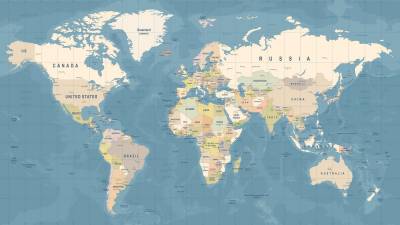
Not Selected in the H-1B Lottery? Explore Your Other Global Options
With H-1B cap season winding down, employers will soon begin to receive returned petitions that were not selected in the lottery. Employees who have other valid status, such as F-1 OPT or L-1, can remain in the United States and keep working so that their employer may try again for the lottery next year. However, […]Read More -
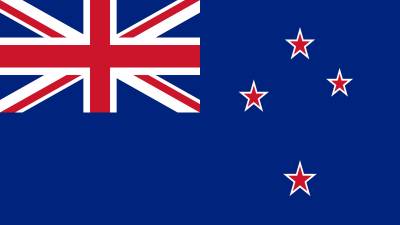
New Zealand Nationals Now Eligible for E-1 & E-2 Treaty Trader & Investor Visas
Beginning June 10, 2019, eligible New Zealand companies and nationals are now able to apply for E-1 treaty trader and E-2 treaty investor temporary visa status. The U.S. Embassy in New Zealand announced the availability last week, following the enactment of the Knowledgeable Innovators and Worthy Investors (KIWI) Act, which was signed by President Trump […]Read More -

The ‘Buy American and Hire American’ Executive Order Two Years Later
On April 18, 2017, President Donald Trump signed an Executive Order titled “Buy American and Hire American.” The President insisted that the Executive Order would favor American workers more so than the policies already in place. He also intended, among other things, for the “Buy American and Hire American” Executive Order to address his concerns […]Read More -
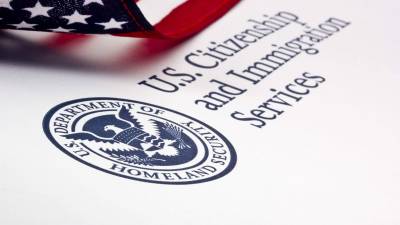
The Modernization of the InfoPass System
In 2004, United States Citizenship and Immigration Services (USCIS) implemented InfoPass, a free online service providing applicants with the option to schedule an appointment with a USCIS immigration officer through the USCIS website. Since then, InfoPass has been modified, updated and refreshed many times. More recently, USCIS developed a pilot program to replace InfoPass entirely. […]Read More -

Israel Signs an Investor Treaty with the United States
The E-2 visa category offers foreign entrepreneurs who wish to invest in an American business the opportunity to come to the United States. The E-2 visa carries with it many distinct advantages. Unlike other visa categories, the E-2 visa allows the applicant to be self-employed, which makes it a better option for entrepreneurs than other […]Read More -

Breaking News: Certain Ports of Entry No Longer Allowing L-1 Renewal Applications for Canadian Citizens
Berardi Immigration Law has recently learned that certain ports of entry along the Canadian border are now refusing to process petitions for renewal L-1 applications that are presented by Canadians pursuant to the North American Free Trade Agreement (NAFTA). This new policy affects both individual and blanket L petitions. Initial reports indicated that this was […]Read More -
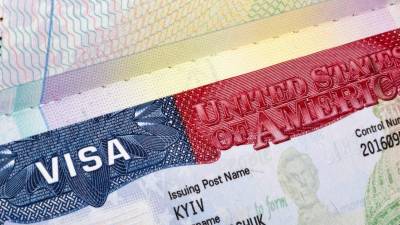
USCIS Reaches the H-1B Cap for 2020
The H-1B program provides an avenue for businesses in the United States to bring foreign nationals into the country to work. But, not just any foreign national will qualify for an H-1B visa. H-1B visas apply only to foreign workers with at least a bachelor’s degree and to occupations that require “highly specialized knowledge.” For […]Read More -
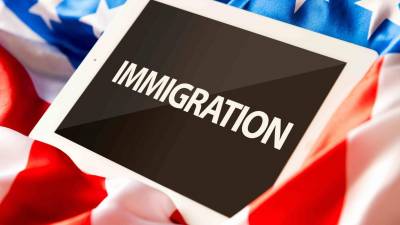
USCIS Launches H-1B Employer Data Hub
On April 1, 2019, USCIS launched the H-1B Employer Data Hub, a search tool/information base that provides information to the public. Some employers in the United States use the H-1B program to temporarily employ foreign workers in certain occupations. The Data Hub helps the public to view which employers petition for H-1B workers and calculate […]Read More

